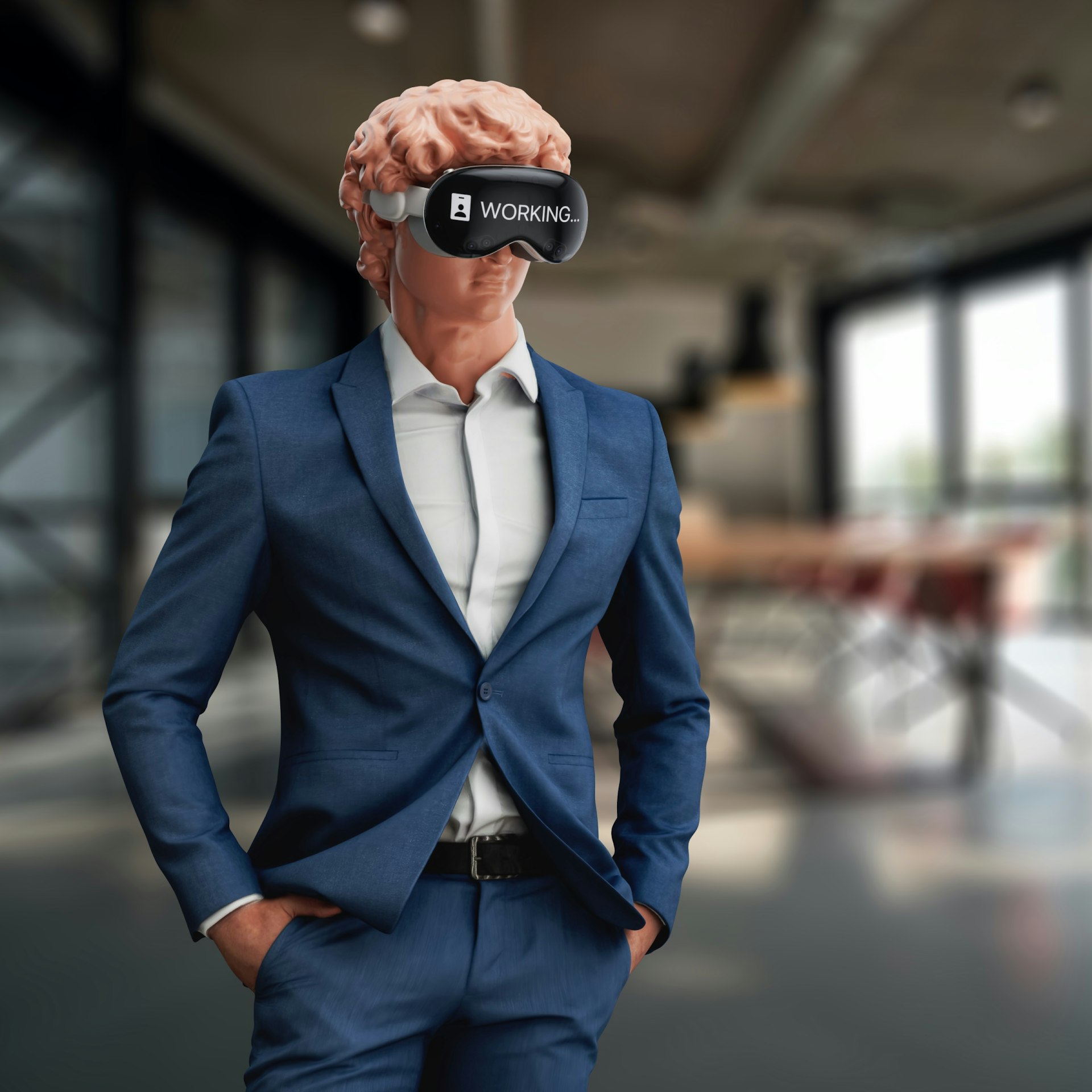Understanding Medicare Home Calls: What Beneficiaries Should Know About Phone and In-Person Visits

Photo by Erik Mclean on Unsplash
Introduction: The Reality of Medicare Calls and Home Visits
Medicare beneficiaries often wonder if Medicare representatives will call them at home or if they can expect a healthcare provider to visit their residence. Given the prevalence of scams targeting seniors and the complex nature of Medicare services, understanding what is legitimate and what is not is crucial for your financial and personal safety. This article provides detailed guidance on what to expect, how to recognize legitimate Medicare communication, and what steps to take if you are contacted about home visits or phone calls.
Does Medicare Call You at Home?
Medicare itself – the federal government program – does not typically call beneficiaries at home to ask for personal information, offer products, or request payment. The U.S. Centers for Medicare & Medicaid Services (CMS) states that official Medicare representatives will rarely call you, except in very specific circumstances. These include returning a call you initiated, or if you are already involved in a specific case or program that requires follow-up. If someone calls claiming to be from Medicare unexpectedly, especially asking for your Medicare Number, Social Security Number, or payment information, it is important to treat the call as suspicious and protect your personal data. Official guidance is available at the CMS website and from the Federal Trade Commission. [1]
When Are Legitimate Phone Calls from Medicare or Related Providers Possible?
There are some scenarios where you may receive a legitimate call related to your Medicare coverage:
- You called 1-800-MEDICARE or requested assistance and are awaiting a response.
- You are enrolled in a Medicare Advantage Plan or Part D Plan (managed by private insurers), which may have customer service or care coordination staff reach out for legitimate purposes, such as scheduling annual reviews or home visits. [2]
- You have ongoing care coordination with a health provider, home health agency, or case management program that routinely checks in about services.
In all cases, you should never provide sensitive information unless you independently verify the caller’s identity. You can do this by hanging up and calling the organization’s official number (found on your plan card or official documentation).
Medicare Advantage and Home Visits: What to Expect
Many people enrolled in Medicare Advantage plans (also known as Part C) may be contacted by their insurance provider offering a home health assessment. These visits are designed to check your health status, identify any new diagnoses, and help manage your care. According to Harvard Medical School experts, these visits are often used by insurers to update your risk profile, which can impact plan payments from Medicare, but do not result in any change to your out-of-pocket costs. [2]
Key points to know about these home visits:
- The clinician may be a nurse, nurse practitioner, or other licensed provider contracted by your plan.
- The visit typically lasts 45 minutes to an hour and involves a health history review, basic physical exam, and screenings.
- This is not a substitute for your routine care. The results are forwarded to your primary doctor for follow-up.
- Participation is completely optional . You are under no obligation to accept a home visit, and declining will not affect your benefits. [2]
Medicare-Covered Home Health Services: Face-to-Face Requirements
If you need ongoing medical care at home and your doctor recommends Medicare home health services (such as skilled nursing or therapy), there are strict requirements:
- A physician or an approved non-physician practitioner (NPP) must conduct a face-to-face encounter with you, either in person or, in certain cases, via approved telehealth methods. [3]
- This encounter must occur within 90 days before or 30 days after starting home health care.
- The encounter ensures your need for home-based skilled care is documented and eligible for Medicare coverage.
- This is a medical appointment-not a phone call solicitation, and it is arranged through your healthcare provider.
Providers must document the reason for the visit and how it supports your need for home health services, following the rules established by CMS. [3]
How to Recognize and Respond to Potential Medicare Scams
Unfortunately, scammers frequently target Medicare beneficiaries with phone calls or offers of home visits, claiming to be from Medicare or a healthcare provider. These calls often attempt to steal your personal information or commit fraud. Key warning signs include:
- Unsolicited calls asking for your Medicare or Social Security numbers
- Pressure to “verify” personal or financial details
- Offers of free gifts, tests, or services in exchange for your Medicare number
- Threats that your benefits will be lost if you don’t comply
If you receive a suspicious call:
- Do not provide any information.
- Hang up immediately.
- Call 1-800-MEDICARE (1-800-633-4227) to report the incident and confirm any legitimate communications.
- You may also report scams to the Federal Trade Commission and your State Health Insurance Assistance Program (SHIP).
Official guidance on recognizing and reporting Medicare scams is available from the FTC and Medicare’s own resources. [1]
Accessing Legitimate Home Health Services Through Medicare
If you or a loved one may need Medicare-covered home health care , here is how to start:
- Consult your primary care physician about your needs and eligibility.
- If your doctor agrees, they will initiate the required face-to-face encounter and order services from a Medicare-certified home health agency.
- The home health agency staff will coordinate with your doctor to develop a care plan and schedule visits as medically necessary.
- You will not be contacted unexpectedly by Medicare itself to arrange these services. All arrangements are made through your provider or agency.
To find a Medicare-certified home health agency, you can search the official
Medicare.gov
website or ask your healthcare provider for a referral. If you have a Medicare Advantage plan, contact your plan’s customer service using the number on your insurance card for approved agencies and processes.
[3]
What to Do If You Are Contacted About a Home Visit
If you receive a call offering a home health visit:
- Ask for the caller’s name, credentials, and the name of their organization.
- Request a callback number and verify it independently through your plan or provider’s official channels.
- If they claim to be from your Medicare Advantage plan, check your plan’s official website or call the member services number on your card before agreeing to any visits.
- Never share personal details with unsolicited callers. You can always decline the home visit if you do not feel comfortable.
Remember, you have the right to request all communications in writing. If you have concerns, discuss them with your primary care provider or a trusted caregiver.

Photo by Jazmin Wong on Unsplash
Alternatives and Additional Tips for Staying Safe
If you want to proactively manage your Medicare interactions and minimize unwanted calls:
- Register your phone number with the National Do Not Call Registry.
- Keep a record of all your healthcare contacts and verify any new outreach before responding.
- Use the official Medicare.gov website and 1-800-MEDICARE for all general questions or to report concerns.
- If you are interested in home health services, initiate the process through your doctor or plan’s official channels.
Summary: Your Rights and Next Steps
Medicare itself does not call you at home unsolicited to offer services, ask for information, or schedule home visits. Legitimate phone calls or home visits may come from your provider, a Medicare Advantage plan, or a home health agency, but you are never required to participate, and you should always independently verify the caller’s identity. For any concerns about your coverage, benefits, or home health options, contact Medicare directly or speak to your physician. Staying informed and vigilant will help you take advantage of legitimate services while avoiding scams.
References
MORE FROM 9scholarships.de













